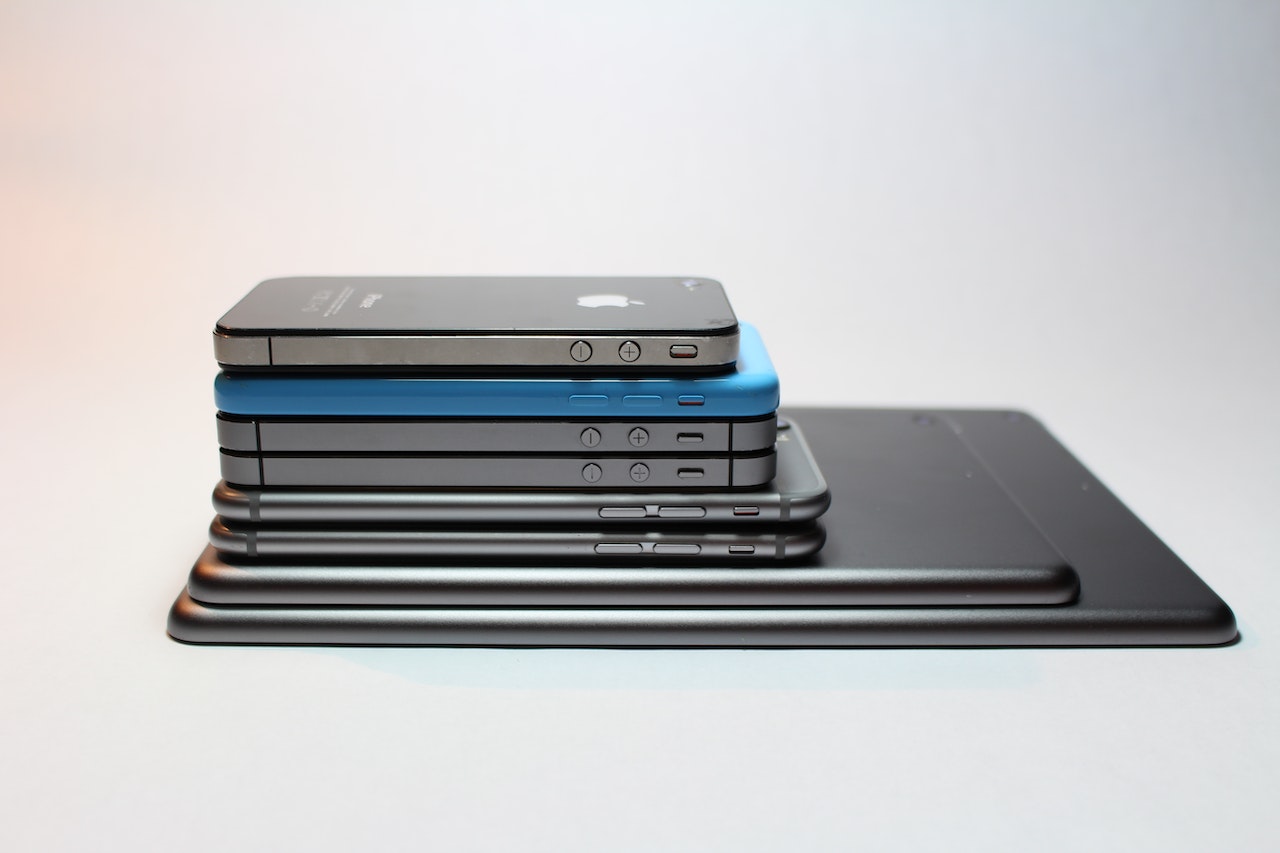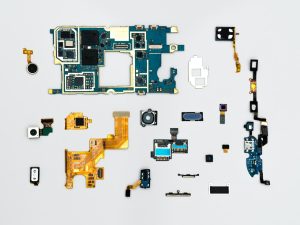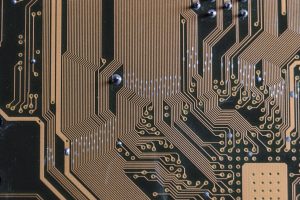If you’re reading this article on your cell phone, look closely at it. Do you know your device has a tiny amount of gold? There’s a small number of precious metals in almost every electronic device we use today. But is it true that there’s gold in every cell phone? Let’s explore this topic further.
The Truth About Gold in Cell Phones
Yes, there’s indeed gold in cell phones. Gold is a valuable metal that is used in a variety of applications, including electronics. It’s an excellent conductor of electricity and doesn’t rust, making it perfect for electronic devices.
But just how much gold does a smartphone contain? Thefs response might shock you. According to some estimates, an average cell phone has about 0.034 grams of gold. That’s not a lot, but when you consider that there are over 7 billion cell phones in use worldwide, it adds up.
History of metals in electronic devices
However, it’s important to note that the discovery and understanding of the properties of metals such as gold and silver as excellent conductors of electricity dates back to ancient times. For example, the Egyptians and Greeks used gold and silver in their jewelry and decorative items, and the Chinese developed a method for making gold wire as early as the 4th century BC.
In modern times, the use of metals in electronics can be traced back to the early 1900s when scientists such as J.J. Thomson and Robert Millikan conducted experiments to study the flow of electrons in metals. This work laid the foundation for developing electronic components and using metals in electronic devices.
Today, the use of metals in electronics continues to evolve as new materials and technologies are developed. While it’s difficult to attribute the concept of metals in electronics to a single person, it’s clear that the use of metals in electronic devices has played a significant role in the development of modern technology.
Other Precious Metals in Electronic Devices
Gold isn’t the only precious metal found in electronic devices. In addition to gold, several other precious metals are used in electronic devices for their unique properties. Some of the most frequent precious metals found in electrical gadgets are as follows:
- Silver: Silver is an excellent conductor of electricity and is often used in electronic devices for its high thermal conductivity and low contact resistance. Silver is used in various electronic devices, including touch screens, keyboards, and circuit boards.
- Platinum: Platinum is a very rare and expensive metal, but it has excellent resistance to corrosion and high-temperature stability. For this reason, it’s often used in electronic devices that operate in harsh environments, such as automotive and aerospace applications. Platinum is also used in specific electronic sensors and medical devices.
- Palladium: Palladium is a metal often used in electronic devices for its ability to absorb hydrogen and its resistance to corrosion. Palladium is used in various electronic applications, including capacitors, switches, and in some types of batteries.
- Rhodium: Rhodium is a rare and expensive metal used in electronic devices for its high reflectivity and resistance to corrosion. It’s often used in electrical contacts and in the production of hard disk drives and fiber optic cables.
- Iridium: Iridium is a scarce and expensive metal used in electronic devices for its high melting point and resistance to corrosion. Iridium is often used in producing electrical contacts and in some types of capacitors and other electronic components.
These precious metals are used in electronic devices because they possess unique properties ideal for specific applications. While these metals can be expensive and difficult to obtain, their use in electronic devices helps ensure that they are reliable, efficient, and able to operate in various environments.
Why are Precious Metals Used in Electronic Devices?
You might be wondering why electronic devices need precious metals in the first place. After all, couldn’t manufacturers use cheaper metals instead? The answer is no. Precious metals are used in electronic devices because they have specific properties that make them ideal for these applications.
Gold, for instance, is a very efficient electrical conductor that does not rust or tarnish. That makes it ideal for connectors and other electronic components that maintain stable electrical conductivity over time.
Silver is also a good conductor of electricity but is less durable than gold. However, it’s cheaper than gold, so it’s often used in electronic devices where cost is considered.
Platinum and palladium are used in electronic devices for their corrosion resistance and ability to withstand high temperatures. These metals are often used in components that need to operate in harsh environments, such as aerospace and automotive applications.
The Environmental Impact of Precious Metals on Electronic Devices
While precious metals are useful in electronic devices, their use has a downside. These metals are often mined in environmentally sensitive areas, which can cause damage to ecosystems and water supplies. Additionally, electronic waste containing precious metals can end up in landfills, where they can leach into the soil and water.
Several companies in the electronics industry are attempting to lessen their reliance on precious metals in response to these worries. In addition, they are creating systems to recover these metals from obsolete electronics for future use.
Conclusion
In conclusion, there’s indeed gold in every cell phone. Electronic devices have several precious metals, including silver, platinum, and palladium. These metals are used because of the unique properties that make them ideal for electronic applications. However, using precious metals in electronic devices can have environmental consequences, so manufacturers must be responsible for using and disposing of these metals. We, as consumers, can do our part by recycling old electronics so that their valuable components may be put to new use.
Read about new technology related to smartphones and electronic devices in the smartphone category at nexttechera.com
What Will Happen If a Phone Battery Is Overcharged?: 5 Amazing Facts to Save Your Battery









